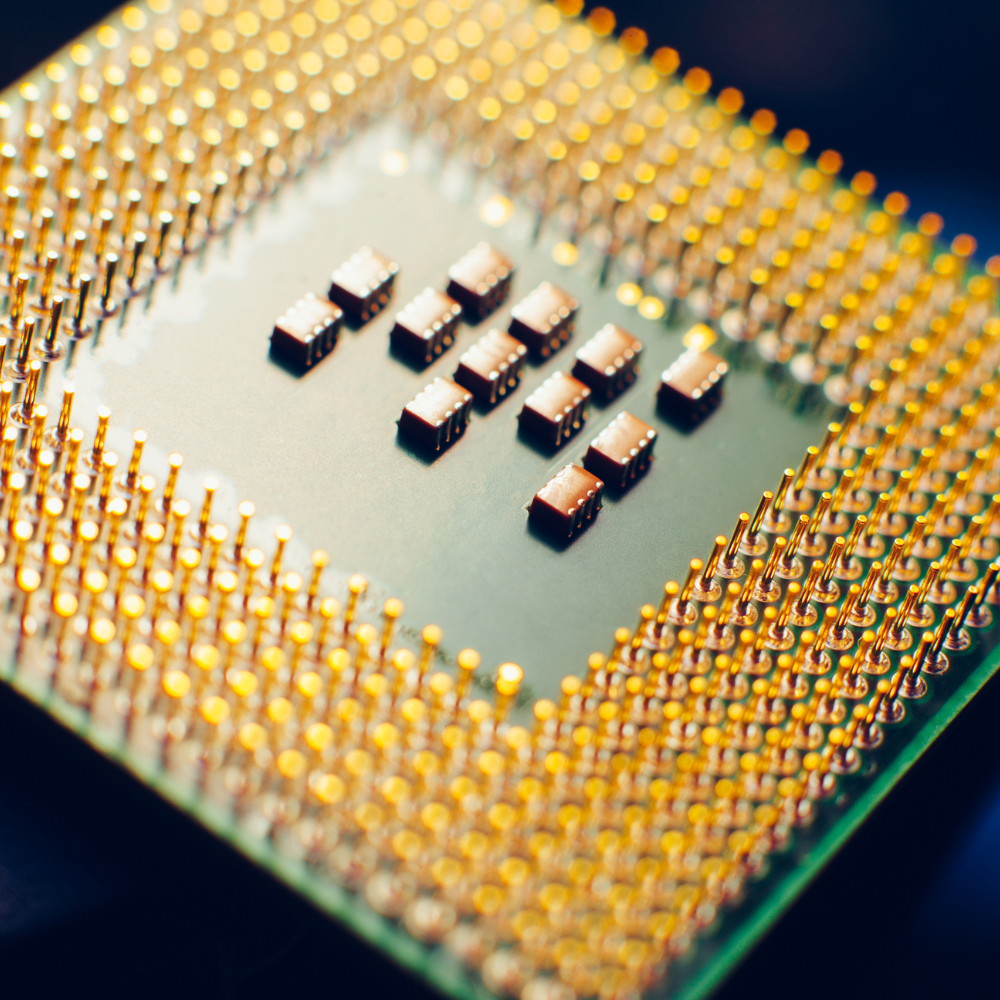Intel foundry gains momentum as Nvidia and Broadcom test advanced 18A process
The semiconductor industry is abuzz with news that Nvidia and Broadcom, two titans of chip design, are engaging in crucial testing of Intel’s cutting-edge 18A manufacturing process. This development represents a potential watershed moment for Intel’s ambitious foundry aspirations, signaling a possible shift in the industry’s manufacturing landscape.
Intel, long a dominant force in chip design and manufacturing, has embarked on a strategic pivot, aiming to become a major contract chip manufacturer, or foundry, akin to industry leaders like TSMC. The reported testing by Nvidia and Broadcom is a significant validation of Intel’s efforts to reclaim its manufacturing prowess and establish itself as a viable alternative in the highly competitive foundry market. The core focus of these tests revolves around Intel’s 18A process, a next-generation manufacturing technology designed to produce the most advanced chips required for demanding applications like artificial intelligence, high-performance computing, and advanced networking.
The 18A process is critical to Intel’s strategy, as it represents the company’s attempt to leapfrog its competitors and offer a technologically superior manufacturing solution. The evaluation by Nvidia and Broadcom is not intended for immediate mass production; rather, it’s a rigorous assessment of the 18A process’s capabilities, performance, and reliability. These evaluations are essential for chip designers to determine whether Intel’s technology meets their stringent requirements for complex chip designs.
The significance of this development extends beyond individual company interests, reflecting a broader trend towards diversifying chip manufacturing. The current global chip shortage, exacerbated by geopolitical tensions and supply chain vulnerabilities, has underscored the need for a more geographically distributed and resilient chip manufacturing ecosystem. Intel’s potential success in attracting major clients like Nvidia and Broadcom would contribute to this diversification, reducing reliance on existing manufacturing hubs and strengthening global supply chain security. The United States government has also expressed a strong interest in revitalizing domestic chip manufacturing, viewing it as a critical component of national security and economic competitiveness. Intel’s foundry initiative aligns with this objective, and the successful adoption of its 18A process by leading chip designers would be a major boost to the US semiconductor industry.
However, it’s crucial to emphasize that these tests are preliminary and do not guarantee future manufacturing contracts. The semiconductor industry is notoriously competitive, and chip designers carefully evaluate multiple manufacturing options before making long-term commitments. Also, Broadcom has been known to test manufacturing processes that did not meet expectations in the past.
The results of these tests will be closely watched by industry analysts, investors, and policymakers, as they could have far-reaching implications for the future of chip manufacturing. The outcome of Nvidia and Broadcom’s assessments will play a pivotal role in determining whether Intel can successfully establish itself as a leading foundry and contribute to a more diversified and robust semiconductor ecosystem.









